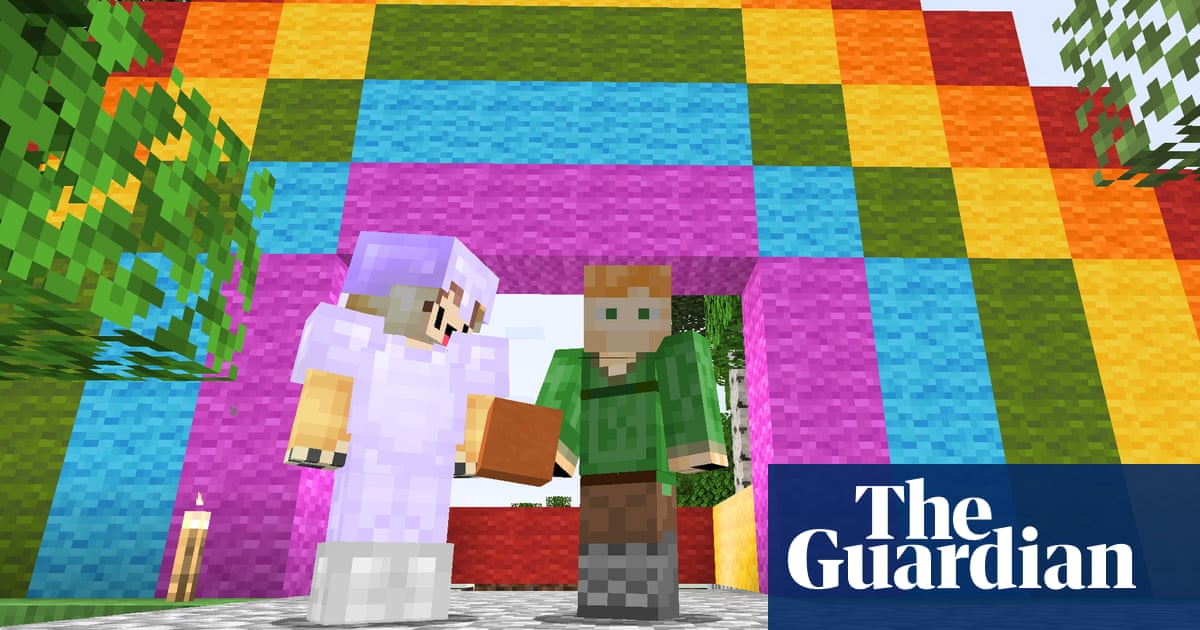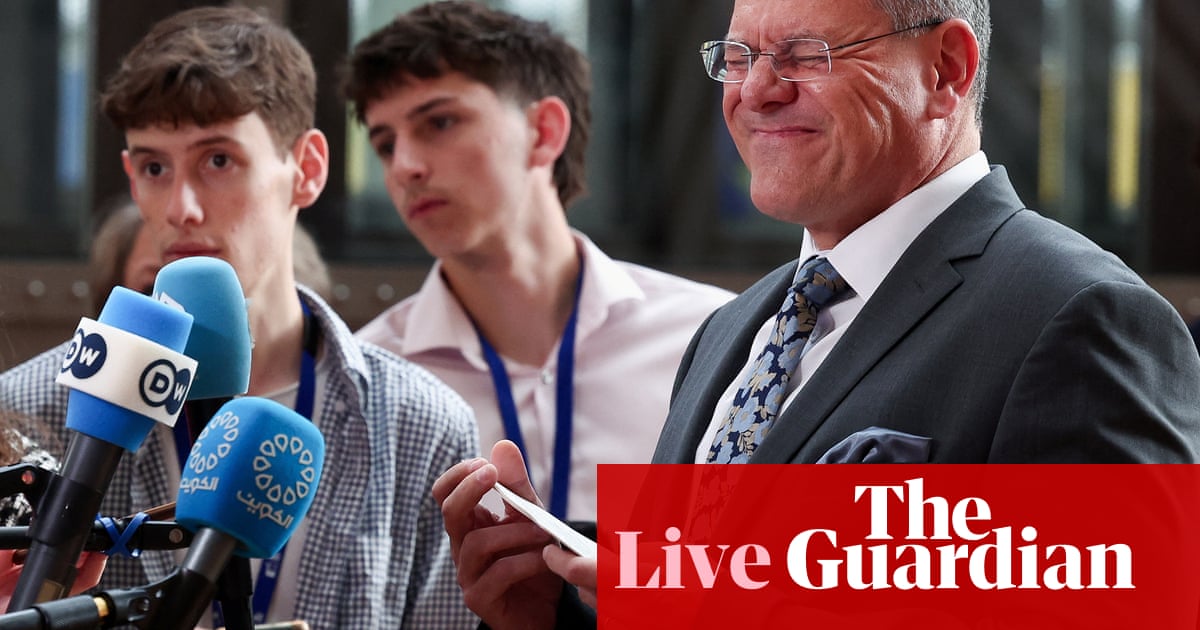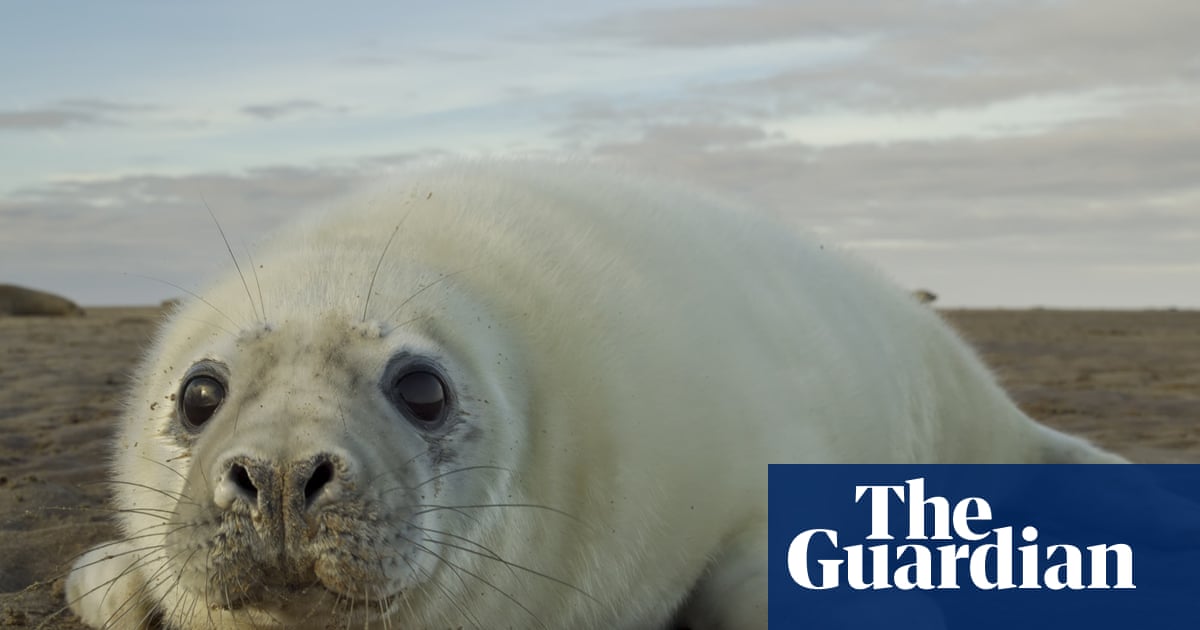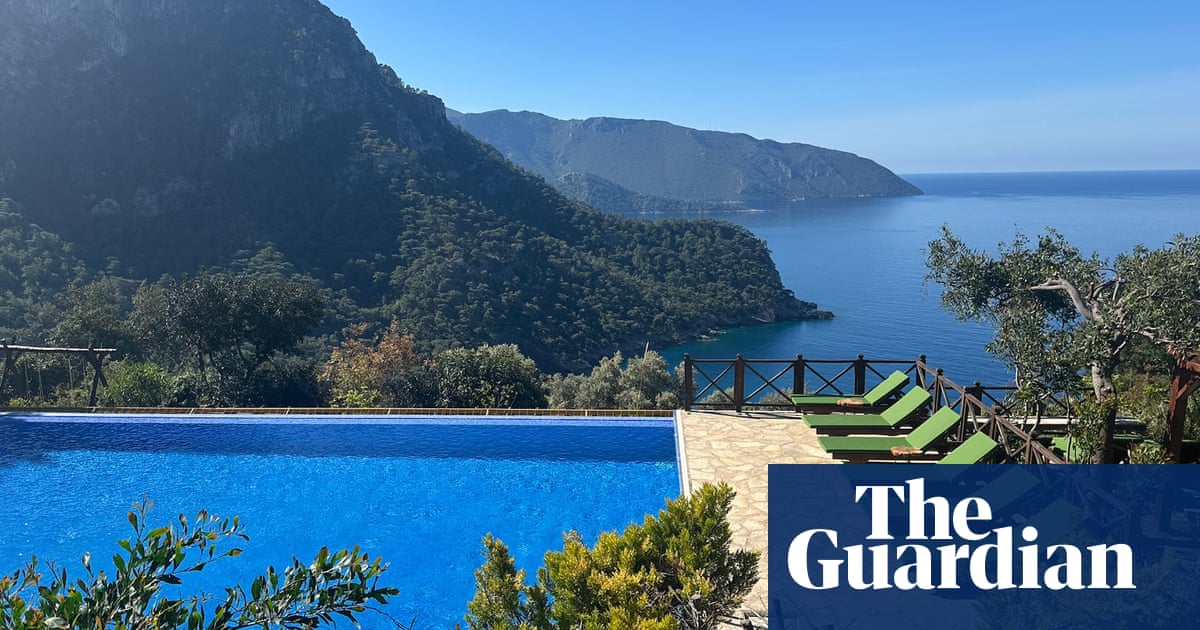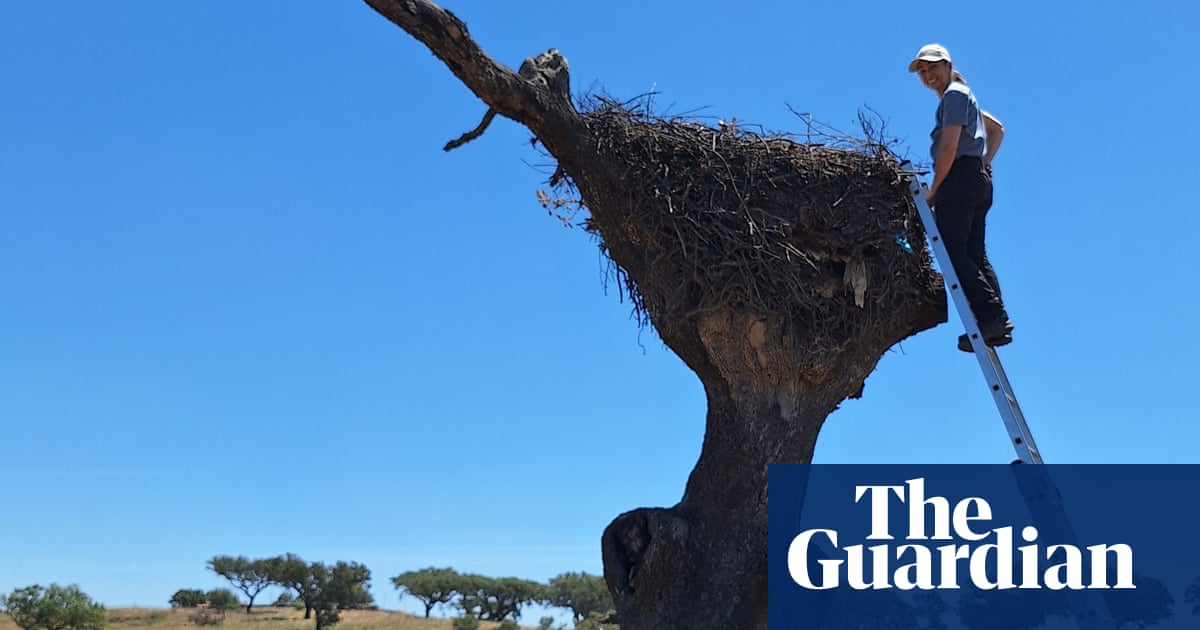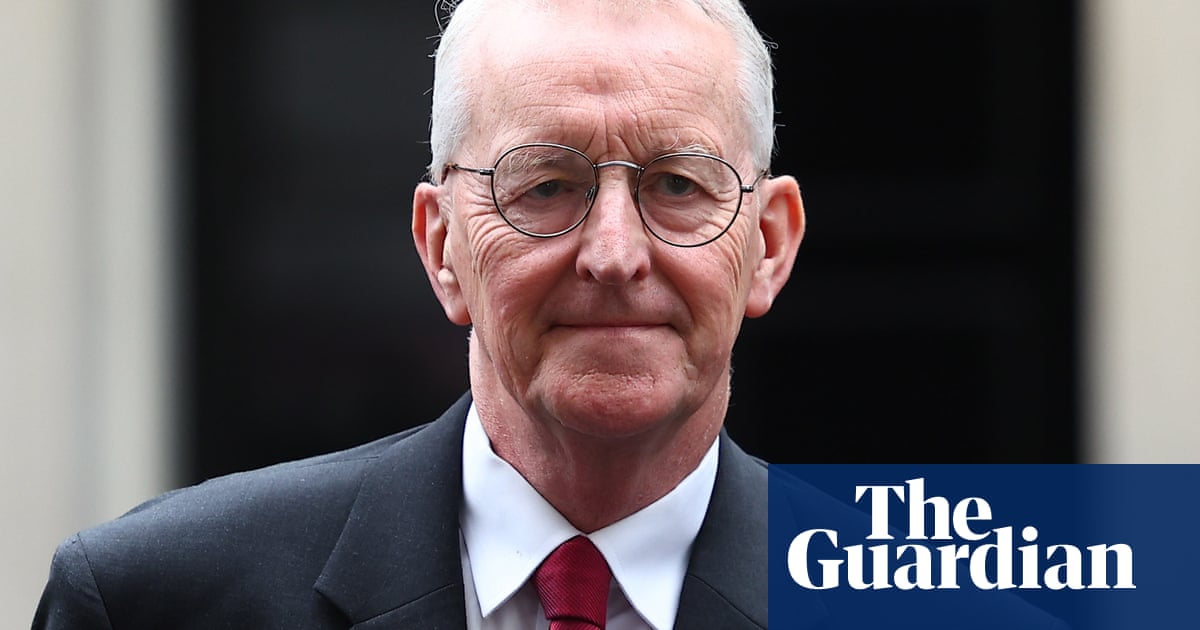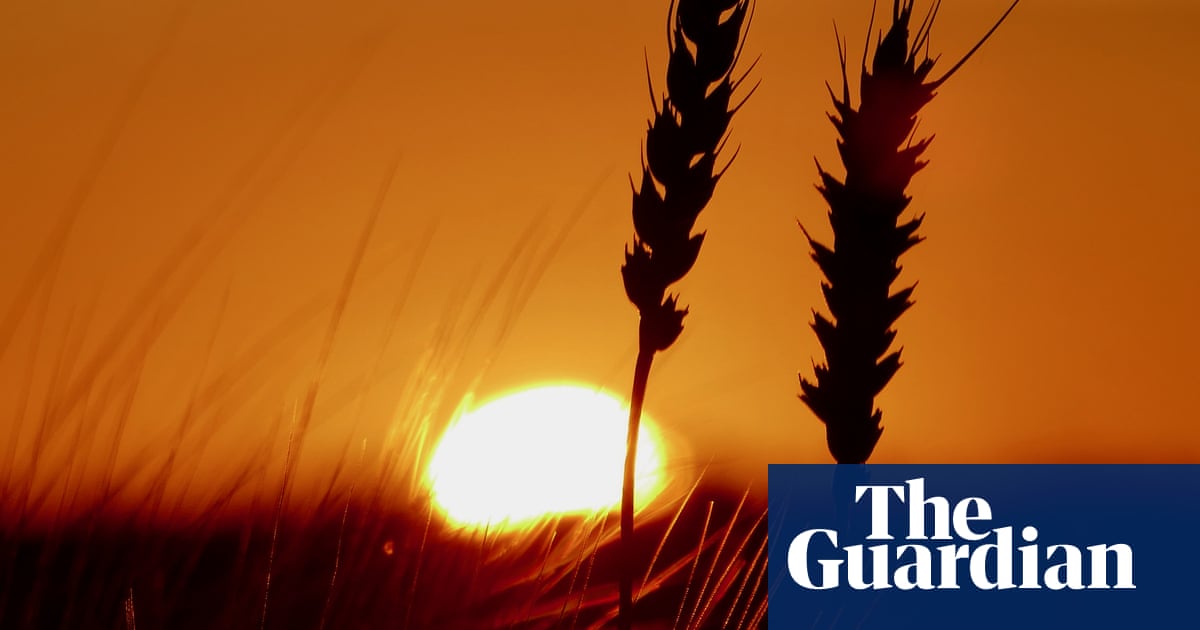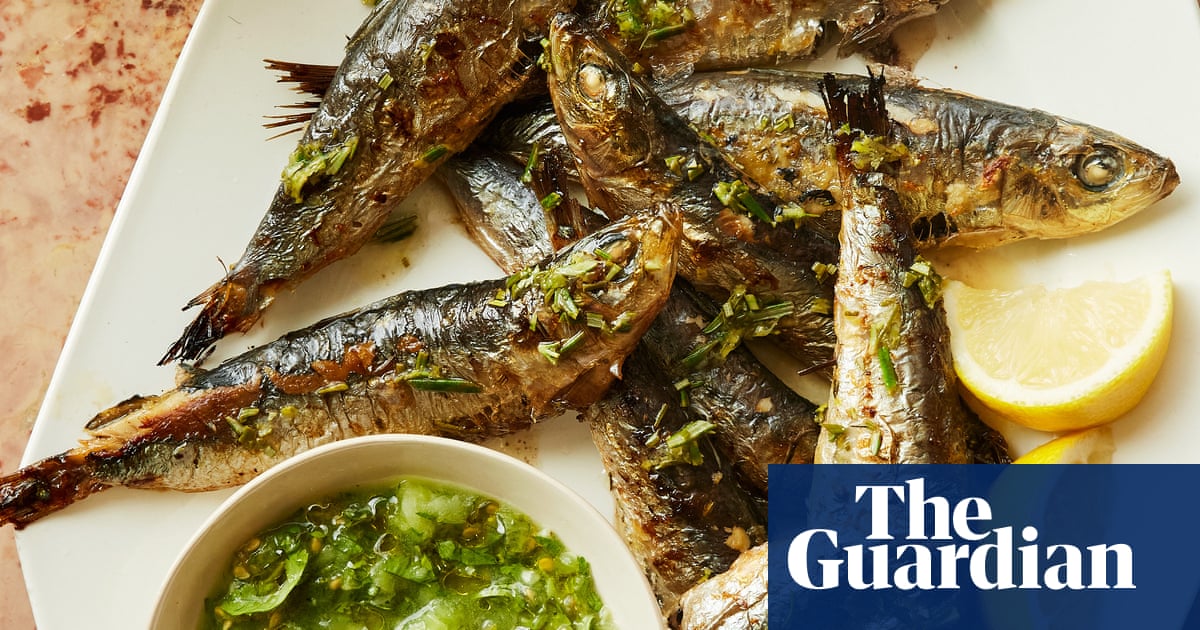On a remote stretch of land in the Cook Islands lies a second world war airstrip. Once used as a wartime supply route by American forces, the narrow runway is in dire need of resealing to allow larger tourist jets to land. Leaders on the northern island of Penrhyn have asked New Zealand, Australia and the US to help, but none have come through. Now, they hope China will step in and fund it.
“That is the dream,” says Penrhyn’s executive director, Puna John Vano. “We want to maintain our traditional partners, but if not, we’re going to get assistance from elsewhere.”
Funding for the airstrip is a symbol of a wider struggle unfolding in the Cook Islands, a new front in the contest between China and the west in the Pacific. The country of about 17,000 people has seen ties with its biggest ally and former colonial partner New Zealand fray as leaders draw it closer to Beijing.
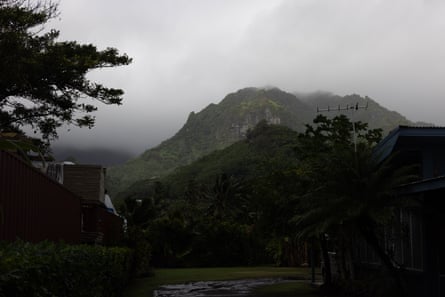
-
On the Cook Islands’ main island of Rarotonga, many people are angry over the damage caused to relations with New Zealand.
The Cook Islands struck major deals with China earlier this year for economic and other kinds of cooperation, sparking a diplomatic row with Wellington over a lack of consultation.
Cook Islands operates in “free association” New Zealand and while it governs its own affairs, Wellington provides assistance including in foreign affairs and defence. Tensions escalated and last month New Zealand abruptly cut off millions of dollars in critical aid and funding.
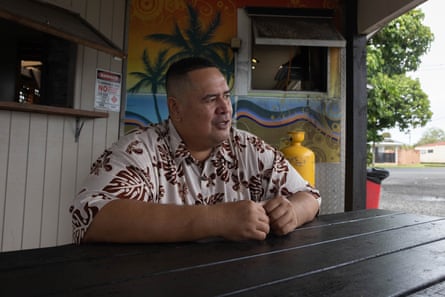
-
Penrhyn island’s executive director, Puna John Vano, says ‘we’re going to get assistance from elsewhere’ if it doesn’t come from customary partners.
Now, the path ahead is unclear. On the country’s main island, Rarotonga, many are angry over the damage caused to relations with New Zealand. Some welcome more Chinese investment but others raise questions over what it will bring. The Cook Islands prime minister, Mark Brown, and his government declined requests for an interview. But others, such as the opposition leader, Tina Browne, were vocal in their criticism of Beijing building its influence in the Cook Islands.
“China frightens me. Its involvement with my country scares me a bit,” Browne says. “You have this big power and small, small us. What sort of voice would we have?”
Rarotonga is a tourism hub and home to nearly three-quarters of the Cook Islands’ population. The place is small enough to circle by motorbike in under an hour. In the sleepy seaside town, one of the main attractions is standing at the seawall to watch planes land.

-
Opposition leader Tina Browne fears the Cook Islands will ‘be swallowed up in China’s money.’
Many here share Browne’s concerns over China, particularly as it begins to put pressure on the country’s longstanding ties with New Zealand. This relationship is overwhelmingly popular – its citizens hold New Zealand citizenship. Cook Islanders have access to healthcare and employment opportunities in New Zealand.
Fruit and vegetable seller Teremoana Napa spent 40 years living and working in New Zealand before returning to the Cook Islands. She is now on New Zealand’s pension.
“The New Zealand passport gives us so much,” she says. “We don’t want a Cook Islands passport, that’s a bloody dead-end passport.”
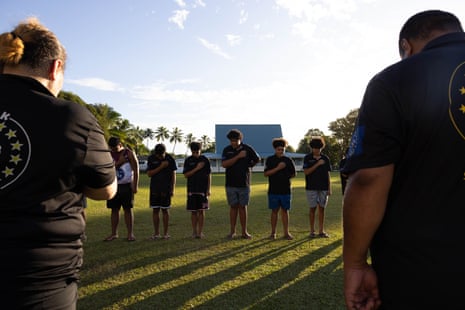
-
Rarotonga’s economy is heavily influenced by tourism, fishing revenue and the rising cost of imports.
Others share concern over the loss of crucial aid from Wellington. Outside the country’s main hospital, Calais Ngatan helps his heavily pregnant wife to the car. The young man fears what New Zealand’s funding cuts will mean for the islands’ already stretched healthcare system. New Zealand’s NZ$18.2m budget support – which is tied up in the freeze – supports education, healthcare and other critical services.
“Our government decided to sign a contract with China,” Ngatan says. “So it’s limiting our resources over here.” He says he “feels robbed” by China “taking everything from us”.
“If we cut ties with New Zealand, it also cuts ties with all the tourists that are coming from overseas,” he says. “That will be a big problem for us, because that’s how we survive.”

-
Watching planes land is a popular attraction on the island of Rarotonga.
On Rarotonga, many people hold two jobs to make ends meet in an economy heavily influenced by outside forces: tourism demands, weather-affected fishing revenues and the rising cost of imported goods.
The deal signed in February between the Cook Islands and China encompasses a series of cooperation agreements designed to support the domestic economy. They include more cooperation in trade, tourism, infrastructure, climate resilience and seabed minerals development. They also signalled closer diplomatic cooperation, with pledges to consult and support one another in multilateral forums, including the UN and the Pacific Islands Forum. The documents did not include references to security or military cooperation.
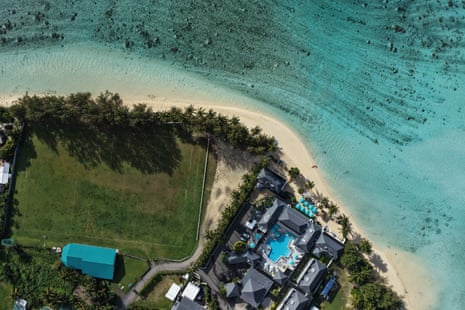

-
Top: deep-sea mining plans have prompted concern in the Cook Islands. Above: tourism hub Rarotonga is home to nearly three-quarters of the country’s population.
China has already pledged $US1.5m to the Cook Islands for a new shipping vessel and promised to support renewable energy projects.
The controversial practice of seabed mining is a key part of China’s deals with the Cook Islands. The Pacific nation is one of the first countries in the world to grant exploration licences for deep-sea mineral exploration, a practice that has drawn criticism from others in the region.
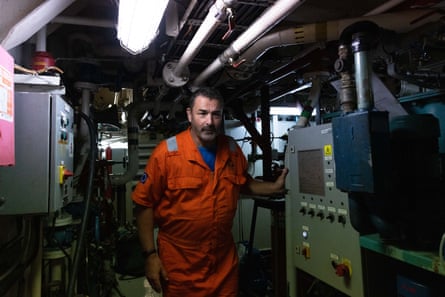
-
Gary van Eck walking through the research boat from Moana Minerals.
Anna Powles, associate professor at Massey University’s centre for defence and security studies, says deep-sea mining is crucial to China’s interest in the Cook Islands. The two countries have agreed to collaborate on scientific research, joint expeditions, education and training. Powles says there is a “race” for critical minerals for their defence application and for that reason China is “actively engaged in finding opportunities and formalising partnerships with countries who are interested in mining their deep-sea minerals within their waters”.
The activity has prompted concern in Rarotonga. Don Beer, head of Cook Islands’ Fishing Association, is firmly opposed to seabed mineral exploration, citing concerns about its potential impact on already declining fish stocks. His unease is compounded by China’s growing interest not just in minerals but also in the Cook Islands’ maritime resources.
“We’ve just got to get the best possible deal out of them. But we’ve got to be careful,” Beer says. “Like with any nation, we have to make sure they respect that we have sovereignty.”
Cook Islands is one example of a story playing out across the Pacific, where China has been steadily deepening its influence. In recent years Beijing has signed security and development deals with Solomon Islands, Kiribati and most recently Nauru, reshaping traditional alliances. For New Zealand and its allies, the fear is that China’s growing presence in the region could eventually translate into military access or control over critical infrastructure.
Powles says that for Beijing, deepening relations with the Cook Island shores up “closer diplomatic ties with Pacific Island partners and that helps to influence and shape a regional order”. From New Zealand’s perspective, she notes, the aid freeze was a sign of just how fragile the relationship has become.
“It is quite an extreme move to pause aid,” she says. “New Zealand has been increasingly clear over the years that, particularly in the security realm, that it sees China as a disruptor and a destabilising actor in the Pacific.”

-
Some in the Cook Islands welcome more Chinese investment but others raise questions over what it will bring.
Next month, the Cook Islands will mark 60 years of self-government in free association with New Zealand. As preparations for a massive inter-island celebration unfold, the event is tinged with diplomatic unease. Cook Islands has invited New Zealand to attend – Wellington says their attendance is still “under consideration”.
In addition to pausing financial assistance, New Zealand is also not considering new funding “until the Cook Islands Government takes concrete steps to repair the relationship and restore trust”.
“New Zealand and Cook Islands officials are engaging on this,” a New Zealand ministry of foreign affairs and trade spokesperson told the Guardian.
“New Zealand hopes that steps will be taken swiftly to address New Zealand’s concerns so that this support can be resumed as soon as possible.”
The Guardian contacted the Chinese embassy in New Zealand for comment, but did not receive a response.
At a press briefing in Beijing last month, Foreign ministry spokesperson Guo Jiakun said China’s cooperation with the Cook Islands “targets no third party, nor should it be interfered with or constrained by any third party”.
He said the two countries were “comprehensive strategic partners based on mutual respect and common development”, adding that their partnership was based on “equality and mutual benefit”.
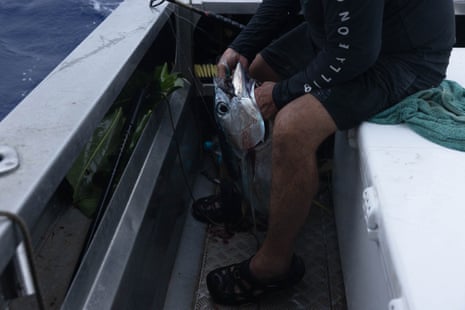
-
Fishing association head Don Beer on his boat. ‘We have to make sure [China] respect that we have sovereignty.’
But others, like Browne, are worried about China’s growing influence. She fears her country will “be swallowed up in China’s money”.
“I totally support us not being too reliant on others, I see that as a real positive,” she says.
“But when I see China’s involvement, I think: two steps forward, three steps back.”

 9 hours ago
5
9 hours ago
5




